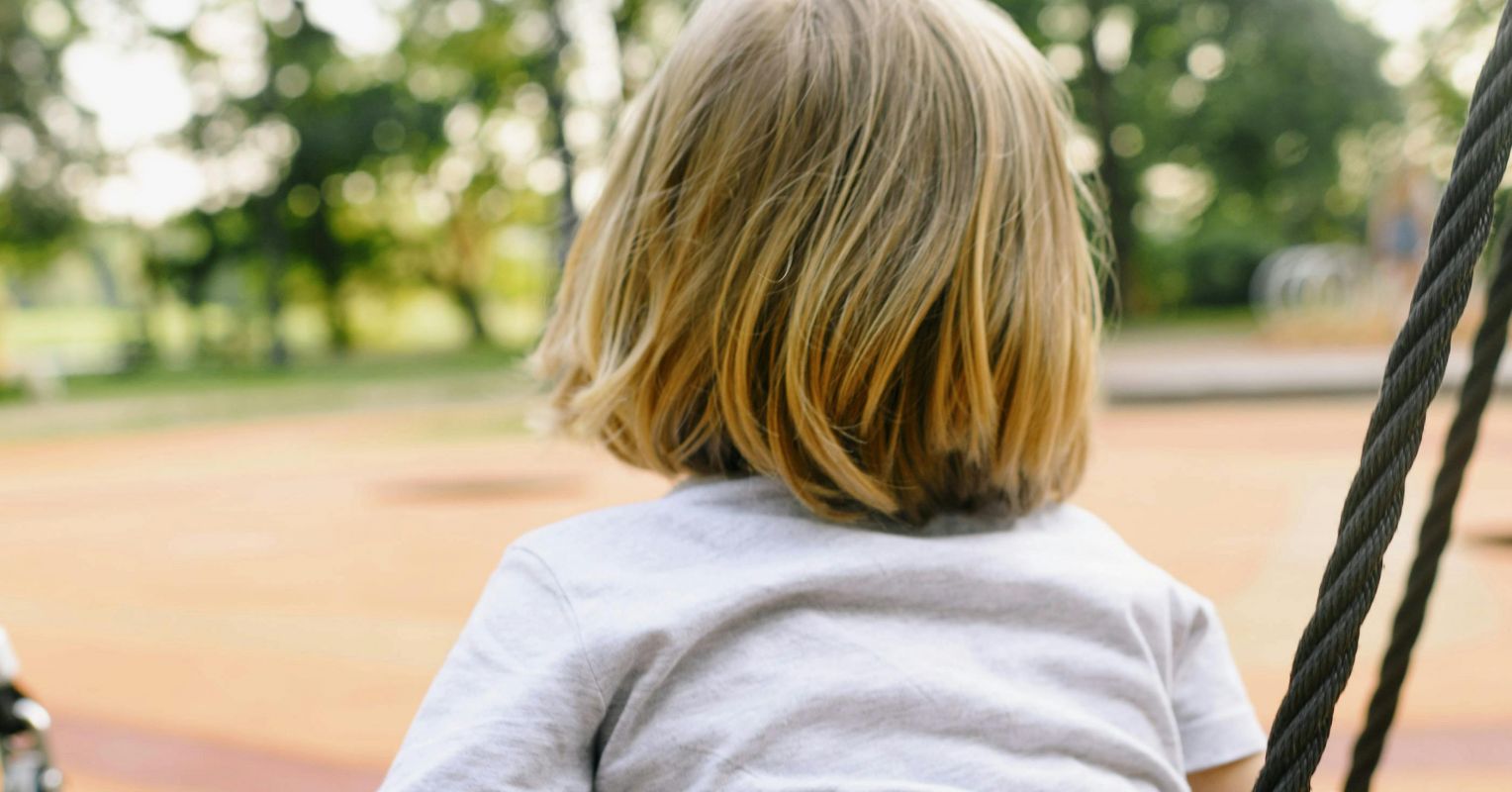
"Kids today tend to be much busier than we were at their age. They participate in more scheduled and organized activities, not to mention the constant stimulation and never-ending stream of notifications that come from their phones. If you're wondering why your children, teens, or young adults are exhausted, anxious, and struggling to regulate their emotions, there's your answer. As parents, many of us have gotten lost following the rationale that we are helping our children by building their resumes."
"Bottom-lineadvice from me to you: Schedule your child for one activity per season. Hover less, do less, and ask more questions. Isn't "Downtime" Another Word for "Waste of Time"? Actually, no. When our kids have moments of quiet or boredom, their brains start daydreaming-and daydreaming isn't something we should stop. It's actually a powerful tool that allows for brainstorming, problem-solving, imagination, and creativity. Remember when we would make up games during our "bored" times? Boredom still breeds self-entertainment, self-regulation, and autonomy."
Children face higher levels of scheduled activity and constant digital stimulation, producing exhaustion, anxiety, and difficulty regulating emotions. Excess organization and parental rescue increase stress and deprive kids of opportunities to self-soothe, problem-solve, and develop autonomy. Boredom and quiet allow daydreaming, which supports brainstorming, imagination, creativity, self-entertainment, and self-regulation. Resilience emerges from attempting tasks, failing, and trying again rather than always being rescued. Practical measures include one organized activity per season, reduced parental hovering, asking more questions, and protecting downtime as a developmental necessity for mental rest and capacity to meet daily demands.
Read at Psychology Today
Unable to calculate read time
Collection
[
|
...
]